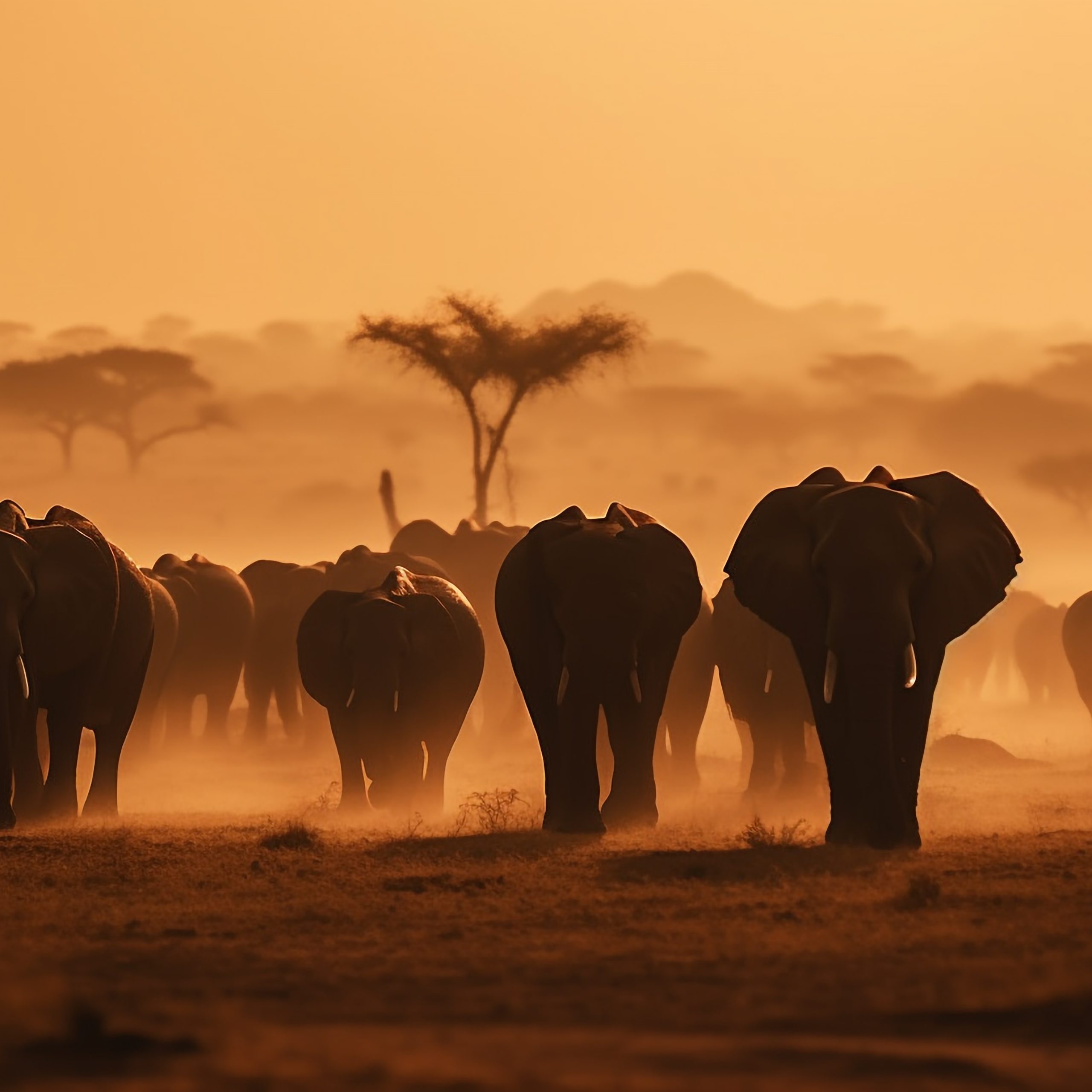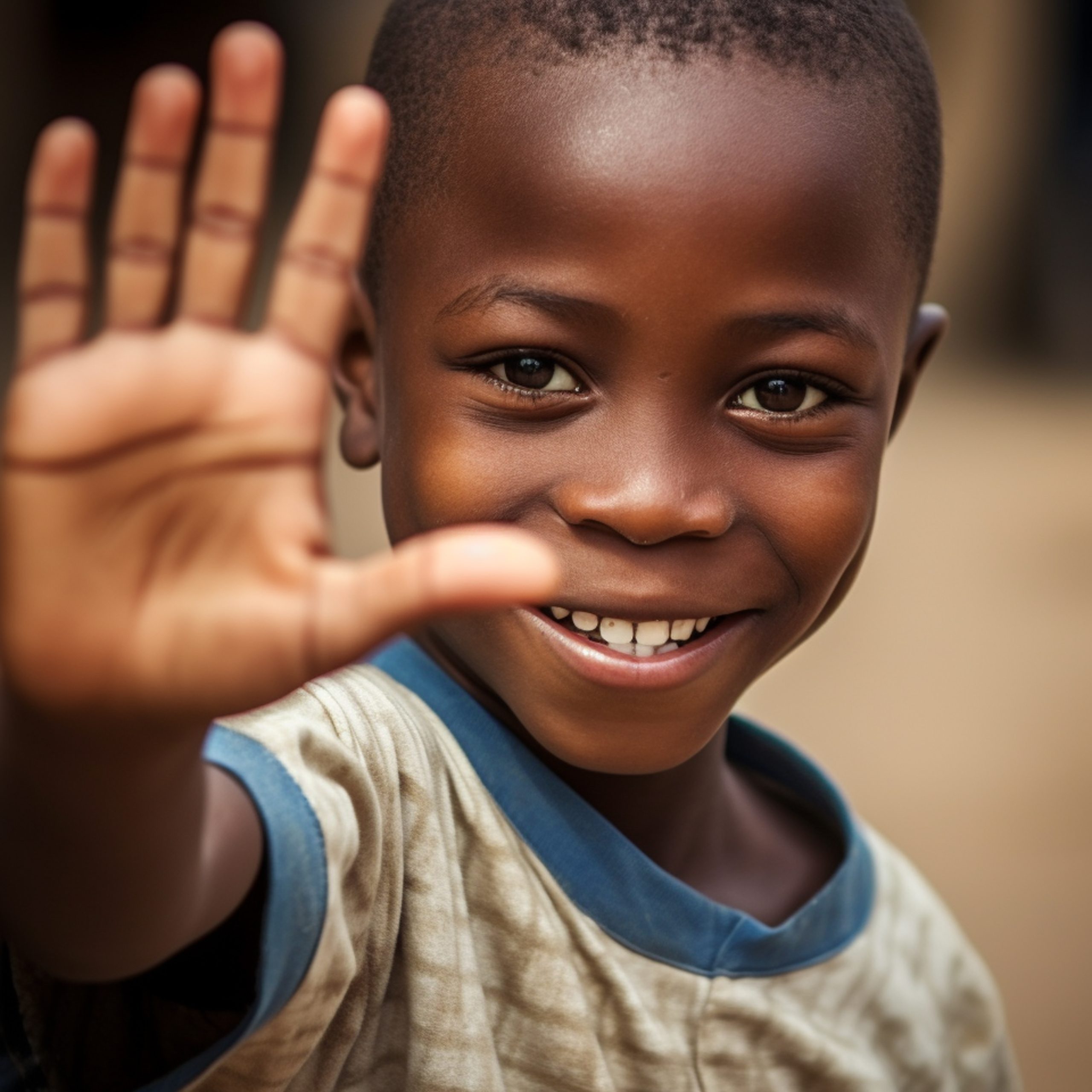Création de partenariats stratégiques pour élever le niveau de nos conversations
Le paysage médiatique de la République démocratique du Congo (RDC) se caractérise par sa diversité et son étendue, mais il est confronté à des défis importants en termes d’infrastructures, de liberté de la presse et de cadres réglementaires. Le pays compte un grand nombre de médias, dont plus de 7 000 journalistes, 540 journaux, 177 chaînes de télévision et plus de 4 000 stations de radio. Toutefois, seuls quelques-uns de ces journaux sont publiés régulièrement.
Malgré cette diversité, le marché des médias en RDC n’est pas très compétitif, entravé par des contraintes politiques et économiques. De nombreux médias appartiennent à des hommes politiques ou ont des liens étroits avec des partis politiques, et certains fonctionnent comme des médias payants. Cela a un impact sur l’objectivité, l’indépendance et la diversité de la couverture de leurs reportages. En outre, les cadres juridiques et institutionnels qui soutiennent la liberté des médias et la liberté d’expression sont sous-développés.
L’indépendance et la responsabilité des médias sont des facteurs essentiels qui peuvent contribuer à la croissance économique en Afrique. Des médias libres et indépendants jouent un rôle crucial dans la promotion de la transparence, de la responsabilité et de la bonne gouvernance. En demandant des comptes aux gouvernements et aux entreprises, les médias peuvent contribuer à dénoncer la corruption, l’inefficacité et d’autres mauvaises pratiques qui entravent le progrès économique. En outre, un paysage médiatique dynamique peut favoriser le débat public, informer les citoyens sur des questions économiques importantes et offrir une plateforme permettant à des voix et des idées diverses de se faire entendre.
En outre, les médias indépendants peuvent contribuer à attirer les investissements étrangers en fournissant des informations et des analyses fiables sur les opportunités commerciales et les conditions économiques dans la région. Les investisseurs sont plus enclins à investir dans des pays dotés d’une presse libre qui peut jouer le rôle de chien de garde et garantir la protection de leurs investissements.
En promouvant l’indépendance et la responsabilité des médias, les pays africains peuvent créer un environnement plus propice à la croissance économique, attirer les investissements et renforcer les institutions démocratiques.
Dans un pays qui promeut la démocratie, il est impératif que le quatrième pouvoir soit indépendant de l’État et qu’il soit honnête et intègre dans la promotion de la voix du peuple. C’est le quatrième pilier de toutes les constitutions modernes et il devrait être maintenu dans le monde d’aujourd’hui.
Les médias numériques et les réseaux sociaux prennent de plus en plus d’importance, en particulier chez les jeunes. Toutefois, l’absence de mécanismes de régulation des médias numériques, les déficiences des réseaux, les problèmes de protection des contenus et le coût élevé des smartphones constituent des obstacles majeurs à la libre circulation de l’information.
Bien que la RDC dispose d’un nombre considérable de médias, l’environnement reste limité. La RTNC a été confrontée à des défis liés au maintien d’une technologie de diffusion moderne et à la navigation dans la dynamique politique de la RDC. Malgré ces défis, la RTNC reste une figure centrale dans le paysage médiatique congolais, détenant une part importante de la couverture audiovisuelle nationale et offrant une gamme limitée de programmes dans plusieurs langues locales.
Cependant, une nouvelle opportunité s’est présentée – elle ne sera peut-être pas à saisir immédiatement, mais elle peut initier un dialogue sur la façon dont la RDC peut construire des partenariats stratégiques qui pourraient tracer une feuille de route pour l’avenir des médias dans le pays. Un média construit pour être diversifié en termes de programmes, de divertissement, d’art, de documentaires et bien plus encore.
À la recherche d’opportunités !
Yves Bigot, le PDG de TV5 Monde, a activement parcouru l’Afrique francophone avec une initiative stratégique visant à encourager sept pays à investir dans le radiodiffuseur international de langue française, TV5 Monde. Selon Senal News, cette initiative est soutenue par le ministère français des affaires étrangères et vise à renforcer l’engagement et la présence de la chaîne dans la région.
TV5 Monde est très présente en Europe et jouit d’une bonne réputation dans les pays francophones. Avec une RDC jeune et désireuse de s’engager au niveau mondial, un partenariat avec un expert des médias de ce calibre pourrait redéfinir le paysage médiatique de la RDC.
TV5 Monde a non seulement la capacité de renforcer l’intégrité journalistique, l’inclusion numérique et l’éducation aux médias, mais elle peut également s’associer au gouvernement pour établir un cadre réglementaire qui réponde au mieux aux intérêts du pays et le développer à partir de la base pour garantir un paysage médiatique sain.
Penser stratégiquement
Un paysage médiatique sain signifie amplifier la voix de la République démocratique du Congo. Au cours de l’année écoulée, les médias ont fait l’objet d’un examen minutieux à l’échelle mondiale, remettant en question leur volonté de transmettre le véritable message, notamment à la suite de l’éclatement du conflit israélo-palestinien.
Les médias occidentaux ne sont peut-être pas le meilleur exemple, mais les Congolais ont le pouvoir d’apprendre des erreurs des autres, de construire leur propre système de transparence et de faire connaître leur histoire au monde entier par leur propre voix. Les pays sous-développés ont eu un aperçu direct de la manière dont les informations sont transmises en fonction de l’intérêt et non de la transparence.
L’objectif stratégique est d’amplifier notre voix, notre récit, et de permettre aux acteurs privés et publics de stimuler le dialogue, d’amplifier leurs voix et leurs récits avec leurs propres voix pour atteindre le monde qui continue à se montrer indispensable à la dynamique mondiale.
Nous visons à positionner la RDC comme un pays orienté vers les solutions, mais nous manquons de moyens pour vendre notre pays au monde. Notre riche diversité et notre engagement en faveur de l’action climatique vont au-delà des minerais essentiels – le monde doit reconnaître que la RDC offre bien plus, et les Congolais doivent savoir que leur pays est plus que ce qu’on voit.
Notre bassin, notre biodiversité, nos magnifiques paysages et nos vastes terres sont parfaits pour des projets d’écotourisme, d’agriculture et autres.
Trouvons des partenariats stratégiques et construisons un paysage médiatique qui exprime le récit congolais. Tel est l’objectif de DRConversations, et bien d’autres choses sont à venir. Souhaitez-vous participer à la conversation ?



